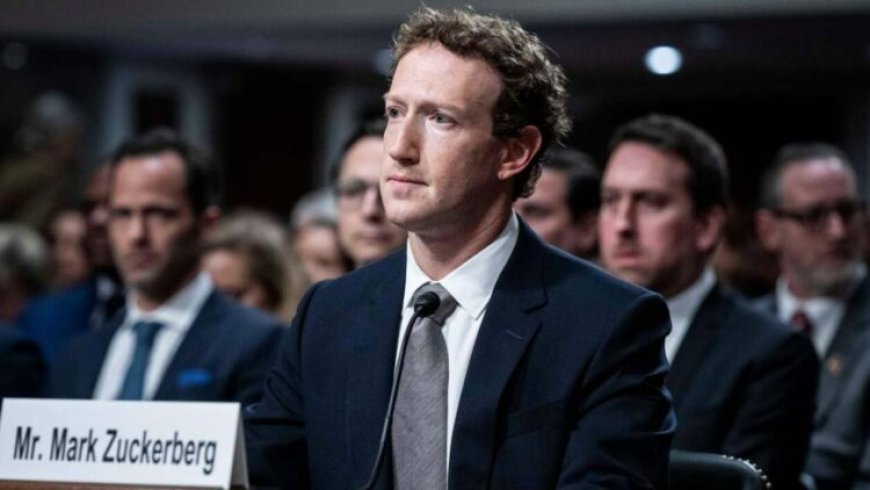Meta's Acquisition of Within Unlimited: A Landmark Antitrust Battle Unfolds
An in-depth analysis of the Federal Trade Commission's antitrust lawsuit against Meta Platforms Inc. over its attempted acquisition of VR company Within Unlimited, exploring the legal arguments, court proceedings, and implications for the tech industry

Introduction
In a significant legal confrontation, the Federal Trade Commission (FTC) challenged Meta Platforms Inc.'s proposed acquisition of virtual reality (VR) company Within Unlimited. The case centered on concerns that the merger would stifle competition in the burgeoning VR fitness market, particularly affecting Within's popular Supernatural app.Weil Gotshal+10PBS: Public Broadcasting Service+10Fortune+10PBS: Public Broadcasting Service+5AP News+5Federal Trade Commission+5
Background of the Acquisition
Meta, formerly known as Facebook Inc., has been aggressively expanding its footprint in the VR sector, notably through its Oculus VR headsets and a suite of VR applications. The planned acquisition of Within Unlimited, the developer behind Supernatural—a leading VR fitness app—was announced as part of Meta's strategy to enhance its VR offerings.Federal Trade Commission+1Federal Trade Commission+1
FTC's Legal Challenge
In July 2022, the FTC authorized a lawsuit in federal court to block the proposed merger between Meta and Within Unlimited. The commission argued that Meta's acquisition would eliminate potential competition in the VR fitness market, thereby violating antitrust laws. The FTC's complaint emphasized that Meta already held a dominant position in the VR industry and that acquiring Within would further entrench its market power .Federal Trade CommissionFederal Trade Commission+2Wikipedia+2Federal Trade Commission+2
Court Proceedings and Zuckerberg's Testimony
The legal battle culminated in a trial where Meta CEO Mark Zuckerberg took the witness stand. During his testimony, Zuckerberg defended the acquisition, stating that it was intended to bolster innovation and provide consumers with enhanced VR fitness experiences. He emphasized that the merger would not harm competition but rather contribute positively to the VR ecosystem .Business Insider+2AP News+2New York Post+2Fortune+8Federal Trade Commission+8AP News+8PBS: Public Broadcasting Service+3AP News+3Federal Trade Commission+3
Court's Decision and Aftermath
In February 2023, U.S. District Judge Edward Davila ruled in favor of Meta, denying the FTC's request for a preliminary injunction to block the acquisition. The court found that the FTC had not provided sufficient evidence to prove that the merger would substantially lessen competition in the VR fitness market. Subsequently, the FTC officially dismissed its administrative challenge to the acquisition .Wikipedia+1AP News+1Weil Gotshal
Implications for the Tech Industry
The outcome of this case has significant implications for the tech industry, particularly concerning regulatory oversight of mergers and acquisitions. It highlights the challenges regulators face in addressing potential antitrust issues in rapidly evolving markets like VR. The decision also underscores the importance of concrete evidence when alleging anti-competitive behavior in court.Reuters
Conclusion
Meta's successful defense against the FTC's antitrust challenge over the Within Unlimited acquisition marks a pivotal moment in the intersection of technology and regulation. As the VR industry continues to grow, this case serves as a reference point for future legal considerations surrounding tech mergers and market competition.Westlaw+9AP News+9PBS: Public Broadcasting Service+9
What's Your Reaction?
 Like
0
Like
0
 Dislike
0
Dislike
0
 Love
0
Love
0
 Funny
0
Funny
0
 Angry
0
Angry
0
 Sad
0
Sad
0
 Wow
0
Wow
0
























